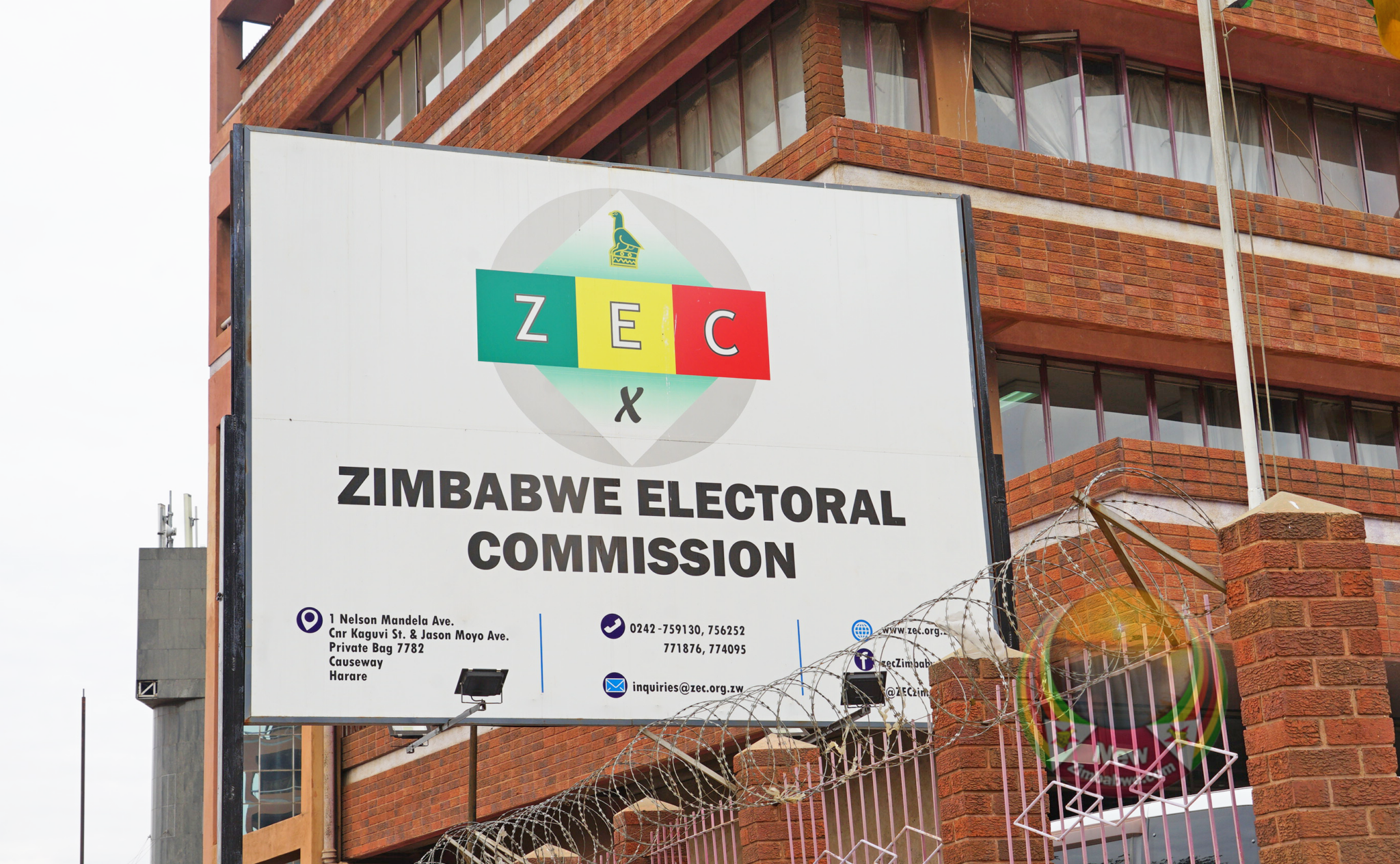The Zimbabwe Electoral Commission (ZEC) is facing significant financial challenges, as it is saddled with unpaid bills from previous elections amounting to ZiG 200 000 000, as well as urgent infrastructure requirements for the construction of at least three warehouses to store election materials.
This was revealed in a 2025 post-budget report by the Portfolio Committee on the Ministry of Justice, Legal and Parliamentary Affairs which also looks at ZEC’s operations, noting that these unpaid bills, coupled with a limited 2024 budget allocation, have put the commission in a ‘difficult position.’
Despite being allocated ZiG 467.36 million for the 2024 fiscal year, ZEC had requested ZiG 2.9 billion in funding, which the committee said highlights the challenges the commission faces in managing the costs of regular and by-elections, which have become increasingly unpredictable.
“The commission’s work has seen an increase in the number of by-elections, whose number is unpredictable. In 2024 there were 10 by-elections for the National Assembly positions,” said the committee.
“Based on that average, it would be prudent for the Minister of Finance and Economic Development to allocate ZiG 800 000 000 for by-elections and an additional amount for by-elections in local authorities.”
The committee also noted it was informed ZEC is saddled with unpaid bills from past elections of ZiG 200 000 000, which could not be paid from this year’s disbursements from Treasury and stressed the importance of clearing this outstanding debt to suppliers.
“It is the committee’s plea to the Minister to allocate funds in order to extinguish the debt owed to suppliers of goods and services,” said the committee.
“The committee also considers the filling of critical posts in the Commission as a priority for the smooth running of elections.
Beyond the financial constraints, ZEC is also grappling with infrastructure challenges that threaten to affect the efficient management of elections.
One of the key issues identified by the committee was the lack of adequate storage facilities for election materials.
The committee strongly recommended that ZEC be allocated ZiG 12.15 million to construct at least three new warehouses for election materials, with further provisions for warehouses in other provinces in future years.
“In the next financial years, financial resources can be allocated for construction in other provinces. For easy access to districts, it is also imperative that the commission gets financial resources to construct district offices progressively out of the 68 districts in the country. The allocation for at least five district offices in 2025 amounts to ZiG 6 750 000,” said the committee.
The shortage of vehicles to facilitate staff movement and material distribution was also raised, with the committee requesting ZiG 30.375 million to purchase 25 vehicles, noting the cost of hiring vehicles significantly exceeds the price of acquiring new ones.
“It is acknowledged that the Commission’s work is mostly field work in nature and the provision of vehicles to staff is critical in facilitating movement of staff and distribution of material. For that to be realised, the Committee requests financial resources to enable the Commission to acquire 25 vehicles. The purchase of vehicles requires an additional allocation of ZiG 30 375 000. The cost of hiring vehicles by far exceeds the requested amount,” said the committee.
One of the most notable recommendations by the committee was for ZEC to explore the possibility of printing ballot papers in-house, rather than continuing to outsource the service.
“ZEC in consultation with the Treasury must explore the feasibility of purchasing a printing machine for ballot papers in 2026 as opposed to the continued outsourcing of the services,” said the committee.
While outsourcing has been the norm, the committee suggests printing ballots within the commission could yield long-term financial benefits.
“The committee observes that whilst the commission is currently outsourcing the printing of ballot papers, it is worth considering the long-term financial benefits of printing ballot papers in-house,” said the committee calling for a comprehensive cost-benefit analysis to be conducted in consultation with the Ministry of Finance.
If the analysis proves favourable, the commission stated ZEC should plan to acquire the necessary printing equipment by 2026.
“To that end, the Minister in conjunction with the Commission should conduct a cost-benefit analysis for procuring the necessary printing equipment and if it proves viable to do so, provide a budget for the equipment in the coming years. The additional allocation requested for ZEC is ZiG 1 049 625 000.”
According to critics, this shortage of resources at ZEC does affect the commission’s ability to carry out its duties effectively.
“ZEC’s duties are to organise and run elections but such challenges do not inspire faith. It’s a wonder but not shocking to hear ZEC is still owing suppliers from last year and that they don’t have inadequate election storage facilities,” said Bernard Magugu, a political analyst.
“This casts doubt on ZEC’s ability to run elections , coupled by the fact that ZEC was in the news for its alleged corrupt dealings with some controversial businesspersons.”
Magugu also said “the government must fund ZEC adequately” though he expressed skepticism at ZEC’s independence after “receiving money from the Zanu PF led government.”

